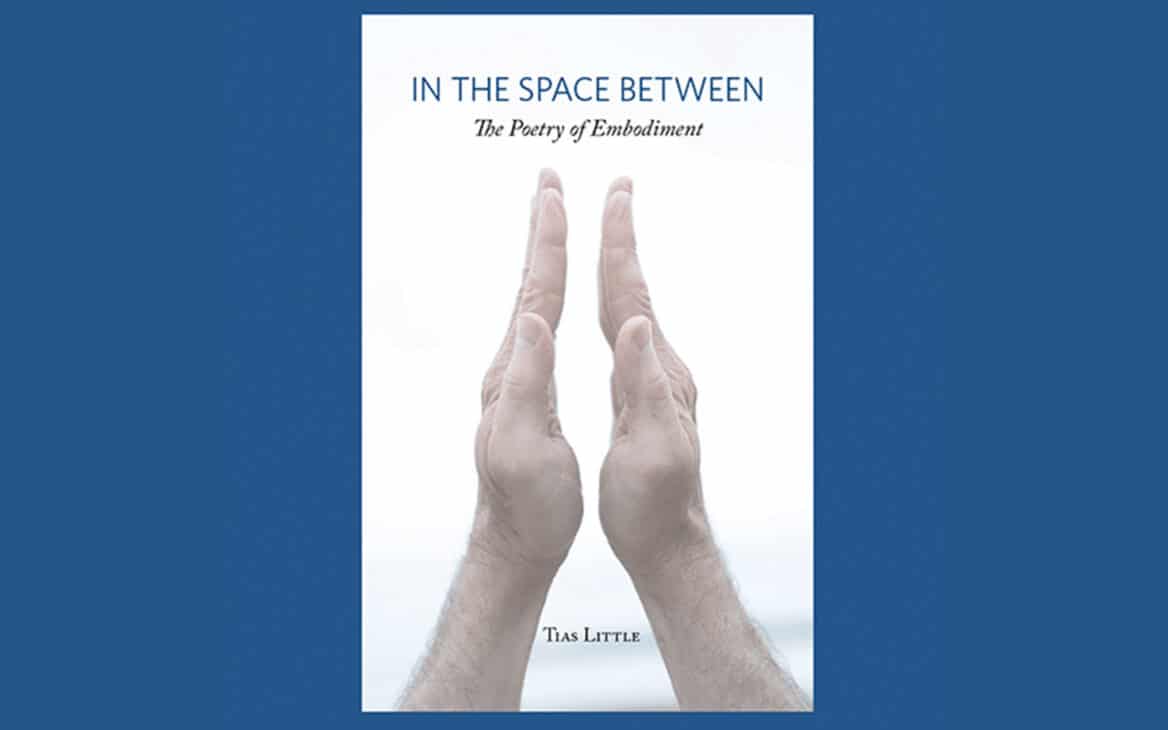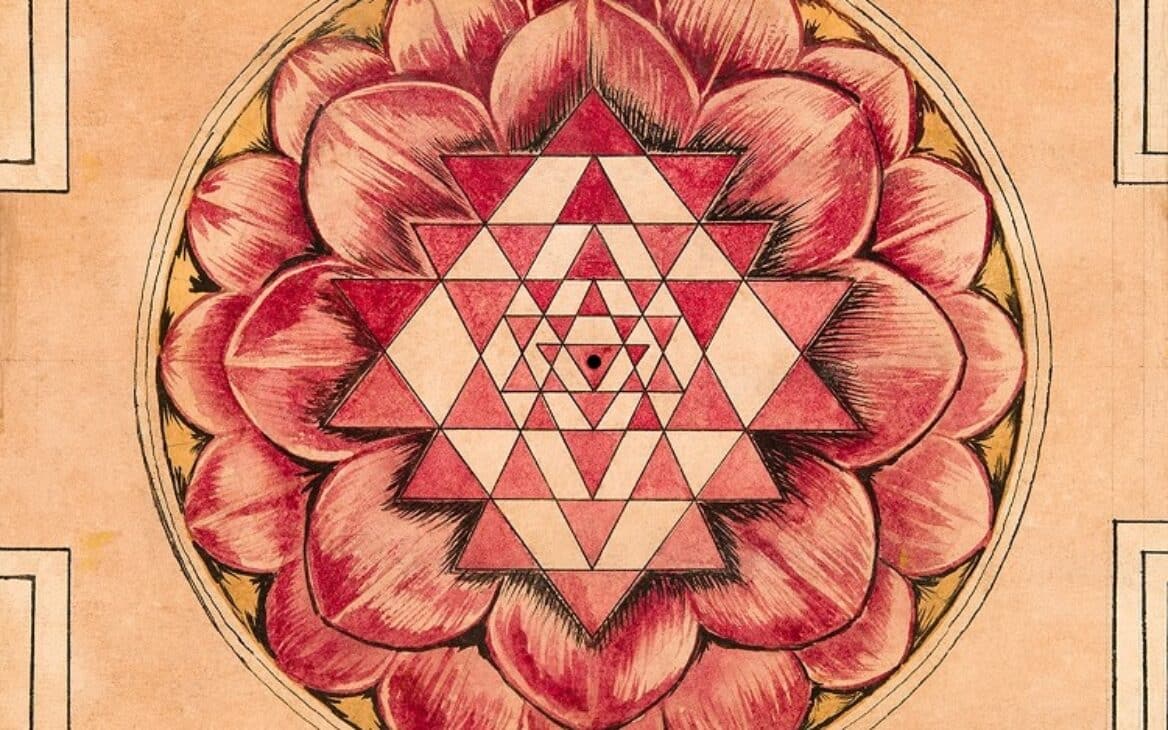This phrase comes out of the meditative tradition in China known as Chan. Here at the end of the year 2011 and the start of a new year 2012, it brings up the question what exactly is a “prosperous year”. The typical view of prosperity suggests material gain, monetary reward or outward success. In the meditative tradition, this notion of prosperity points to an inner wealth, an inner sense of abundance.
This abundance does not mean we have more, but rather, potentially, we have less. Less is more is an important mantra! In some regards “less is more” could be a mantra for the whole world, especially for those who have outward prosperity—many belongings. In this context less is more means that we have less turbulence within and more peace of mind.
What weather is this? We are not talking about atmospheric weather like tornadoes, tsunamis and droughts. We are thinking in terms of inner weather. Mind weather. To use the meteorologists’ terminology, we are referring to the high pressures, the cold fronts, the wind patterns that affect the mind and heart. What is the climate of the nerves? How do we avoid wind invasion of the nerves? We have the expression in English, “keep your nerves”. This is like the calm weather that is the sign of a prosperous year. That the winds of circumstance, the winds of cause and condition, the winds of karma have not distressed our dendrites.
We must be like weatherman, weatherwoman. If we are watching our own weather map, then we can work with states of high pressures, and states of low pressures. If we do not watch our weather, it may sneak up on us and we get drenched or our house may catch on fire. So this is a serious thing. Many of us watch the weather map of our state, our city on t.v, on the internet, on the news. Why not watch the internal weather map?
Often times the inside weather is bad. Like the kind of storms that you see covered on the weather channel, a reporter gripping his mic with raw fingers, half-shouting and going hoarse to make himself heard above the din of the storm, rain slashing across the camera lens, mounting sea swells crashing behind him. On the weather channel, this is top story. It is such good stuff that the cable channel will show reruns during the slow times, like at one or two o’clock in the afternoon. Or at eleven pm, right before bed time!
When the weather inside is like this it wrecks havoc on our nervous system. We can be flooded by frustration, impatience, anger and feelings of blame. We might then have a hard time sleeping, a hard time breathing. It can put us into a neurological, psychological, emotional, tail-spin.
The yoga sutras of Patanjali refer to these distressing fluctuations in the mind and emotions as citta vrtti. Vritti means to turn. Like the way El Nino moves, fluctuations in the mind can really churn. The task of the weather-watcher is to track the patterns. Don’t expect that there won’t be inclement weather. It is not that the citta just clears up and stays that way. That would be like the skies just staying blue. When we watch the skies of our mind, really observe with the neutrality of a scientist, a climatologist, then we can see the patterns coming, see them blow over, at times get soaked or have our trees blown down. So neutrality does not mean no weather. What it does suggest is that we do not become unmoored by weather such as anger, irritation, frustration, restlessness, competitiveness, lust, greed. By watching the weather you say to yourself, okay this is the weather pattern of today. Because its weather, it comes and gos. So we do not react to the weather like, oh I hate this rain or I wish it were sixty-five degrees and sunny. The weather is the weather. We become non-reactive, non-threatened by the weather-of-the-day. This leads to calm amidst weather. Calm in the face of all conditions– hot, cold or windless.
This is some of what is suggested by “calm weather is a sign of a prosperous year”.


